The key to China’s military mind is the Communist Party’s defence
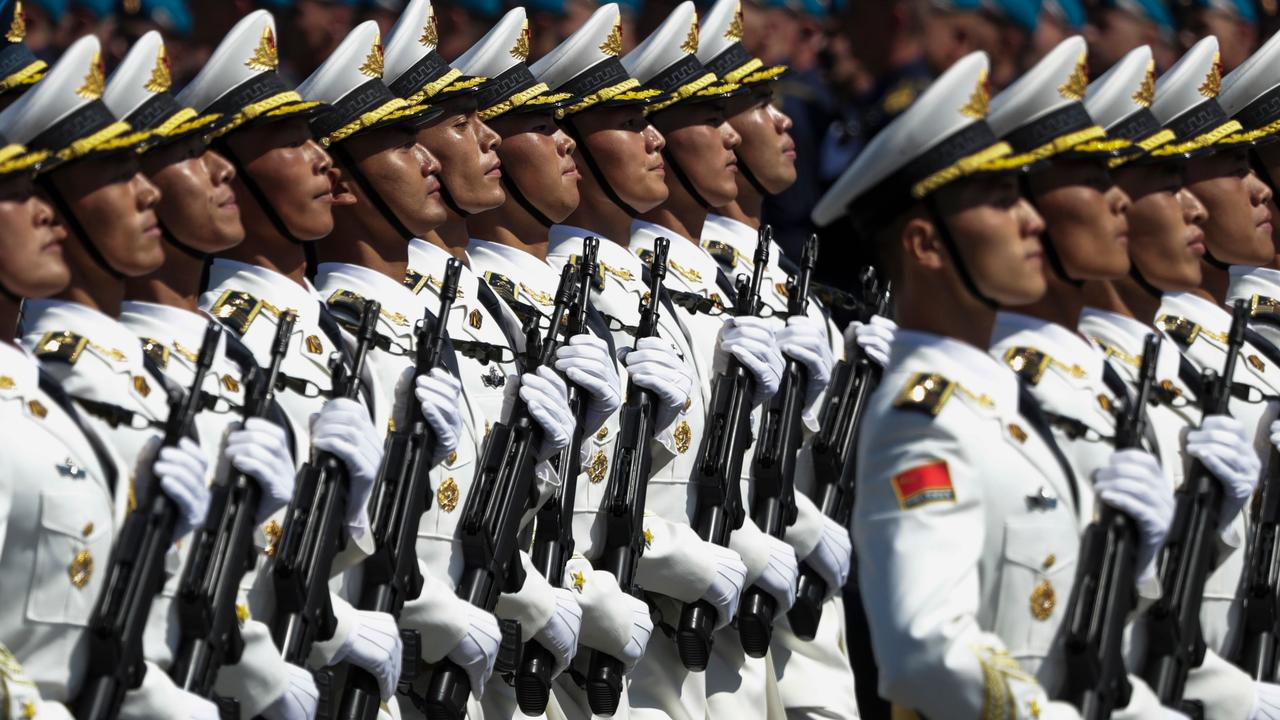
There seems increasing open discussion around the possibility of conflict between China and America over Taiwan. Australia, as a regional stakeholder, is not surprisingly part of these conversations. Yet such conversations seem incomplete and fail to fully consider the wider political and geostrategic issues. Any conflict over Taiwan would escalate beyond the Taiwan Strait and South Pacific.
Most commentary suggests China would likely defeat America in a battle over Taiwan. This month, Fareed Zakaria said the Pentagon had “reportedly enacted 18 war games against China over Taiwan, and China has prevailed in every one”.
And a May 2020 report in The Times of London noted “the US would be defeated in a sea war with China and would struggle to stop an invasion of Taiwan”.
If there were a battle over Taiwan, China might prevail over America. However, such a battle would be unlikely to end there. It is possible also that these publicised analyses are part of a US Department of Defence campaign for increased funding.
In the event of military conflict between China and America, China would likely target America’s regional allies. Japan and South Korea host American bases and would be high-priority targets as they host 50,000 and 30,000 American troops respectively. Australia hosts important American satellite and signals facilities at North West Cape and Pine Gap. These facilities were assessed in the 1980s as likely targets for the Soviet Union in the event of war between America and the USSR, and would likely be high-priority targets for China so as to “blind” America’s military.

Chinese military planners would assess the risks and benefits of any attempted hostile takeover of Taiwan. Their calculus would consider not just the military aspects but also the broader geostrategic factors and domestic political risks.
The Chinese nation and Chinese military are not organised in the same way as the American or Australian military. The People’s Liberation Army is not the national military of the Chinese state. The PLA is the military wing, the “private” army, of the Chinese Communist Party. The PLA’s primary purpose is the defence and security of the CCP.
The primacy of the party over the state can be seen in many ways. Xi Jinping is President of China and Commander in Chief of the Chinese military only by virtue of being the General Secretary of the CCP. At any Chinese military parade, the Chinese Communist Party flag always leads and is followed in order by the flag of the People’s Republic of China and the flag of the People’s Liberation Army. Party, state then military is the priority order in China, and the survival of the party will take precedence over the prosperity of the people. This can also be seen in the allocation of China’s resources.
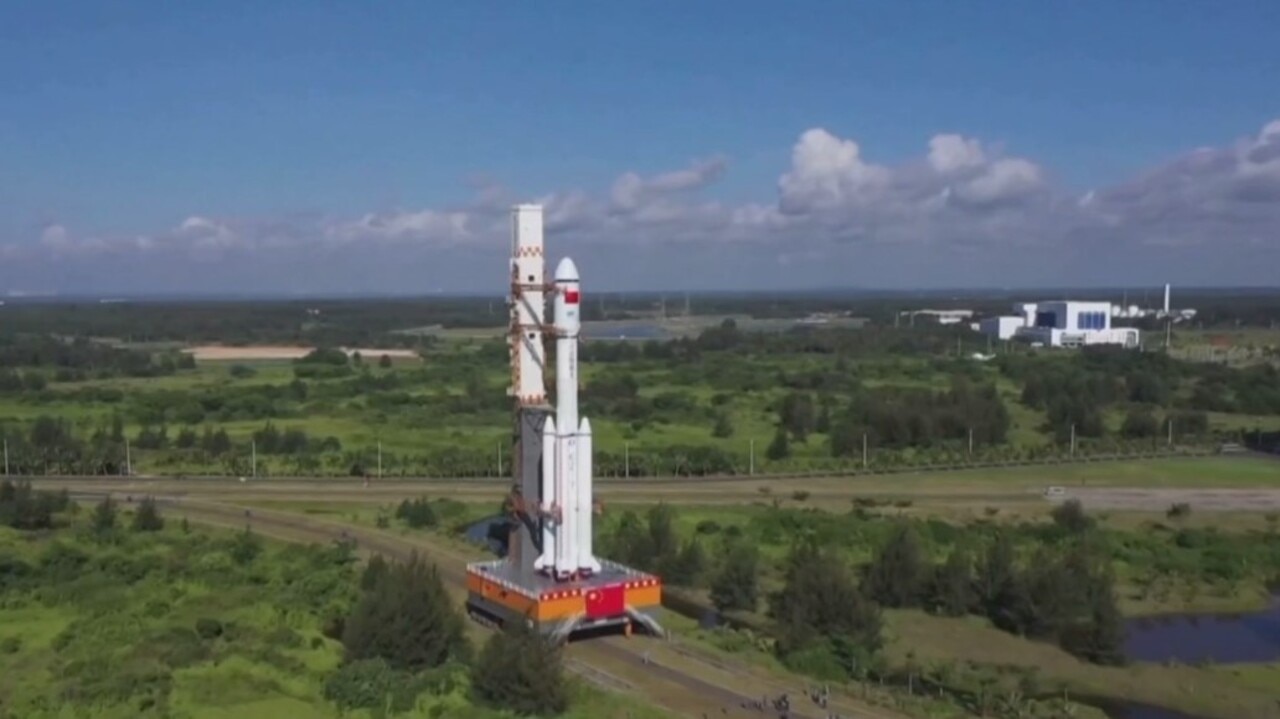
The CCP allocates more funding for internal security than for external defence. It is estimated that in 2017, the CCP allocated approximately 20 per cent more funding to internal security ($US190bn) than to external defence ($US160bn). In 2021, the PLA’s external defence budget was $US210bn, which extrapolates to an internal security budget of $US250bn.
The emphasis on internal over external security exposes other issues. US political scientist Samuel Huntington suggested that militaries focused on internal repression are not as capable on external aggression. Chinese history has also shown a larger, better-equipped military will not necessarily prevail.
In the 1800s, the Chinese empire had a much larger economy and much larger military than did Great Britain. Yet when these two powers clashed in the Opium Wars, China was defeated — both times.
Conflict over Taiwan would also cause enormous global economic disruption, which would in turn jeopardise the domestic authority and credibility of the CCP. Taiwan is the world’s largest producer of silicon chips and a hostile assault on Taiwan would cause extensive damage to chip production, rippling through global supply chains.
Further, China is a significant net importer of food and energy, including from Australia. Large disruptions to China’s food and energy supplies would cause significant domestic social and economic damage and unrest.

China’s interest in Taiwan is not just about geographic hegemony or capturing Taiwan’s silicon chip production capabilities. It is also a political objective of the CCP to snuff out the world’s only democracy with Chinese characteristics. China’s forcible reunification with Taiwan would demonstrate that totalitarian Chinese communism is the only governance model that works for the Chinese people. It would also be a great personal triumph for President Xi if it could be achieved in this, the 100th anniversary of the establishment of the CCP.
Wars often arise from uncertainty. When strong countries appear weak, weaker ones take risks they might not otherwise take. China is no doubt a much more complex and potent force than America has ever faced. But in any assessment Chinese planners will prioritise the CCP’s survival above all other objectives.
Military planners are not the same as economic or social planners. They understand better than most the advice of famous boxer Mike Tyson: “Everyone has a plan until they are punched in the face.” There are many more moves to played in this game of superpower chess.
Dimitri Burshtein is a Sydney-based former government policy analyst who works in Asian commodity financial markets.


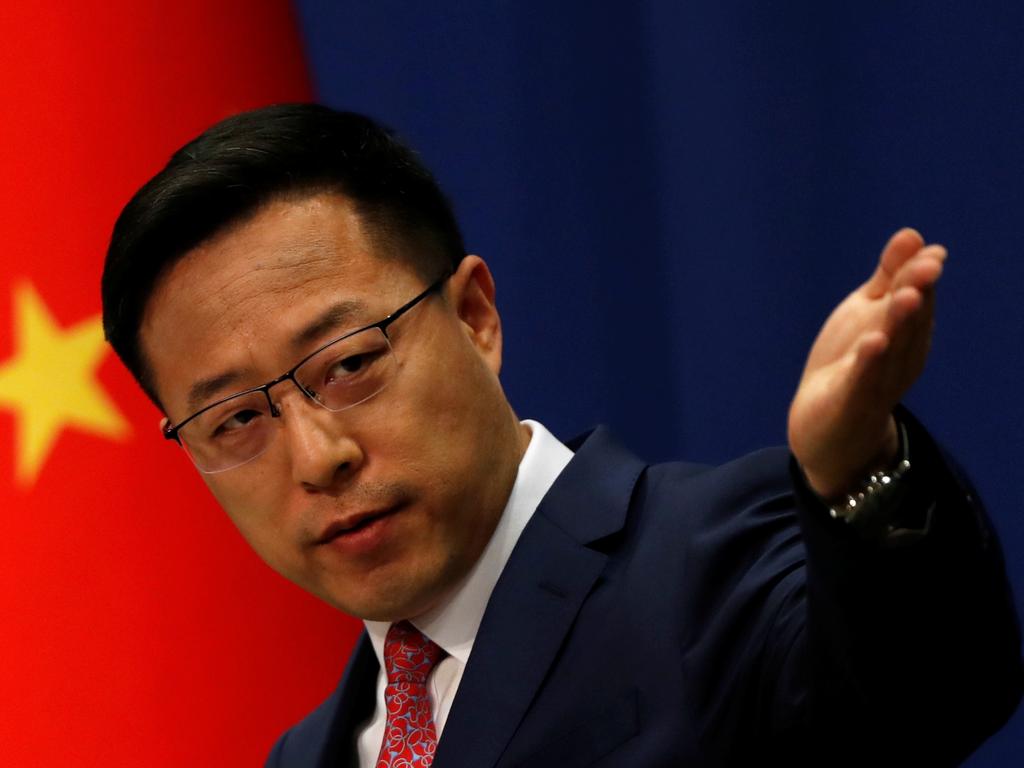
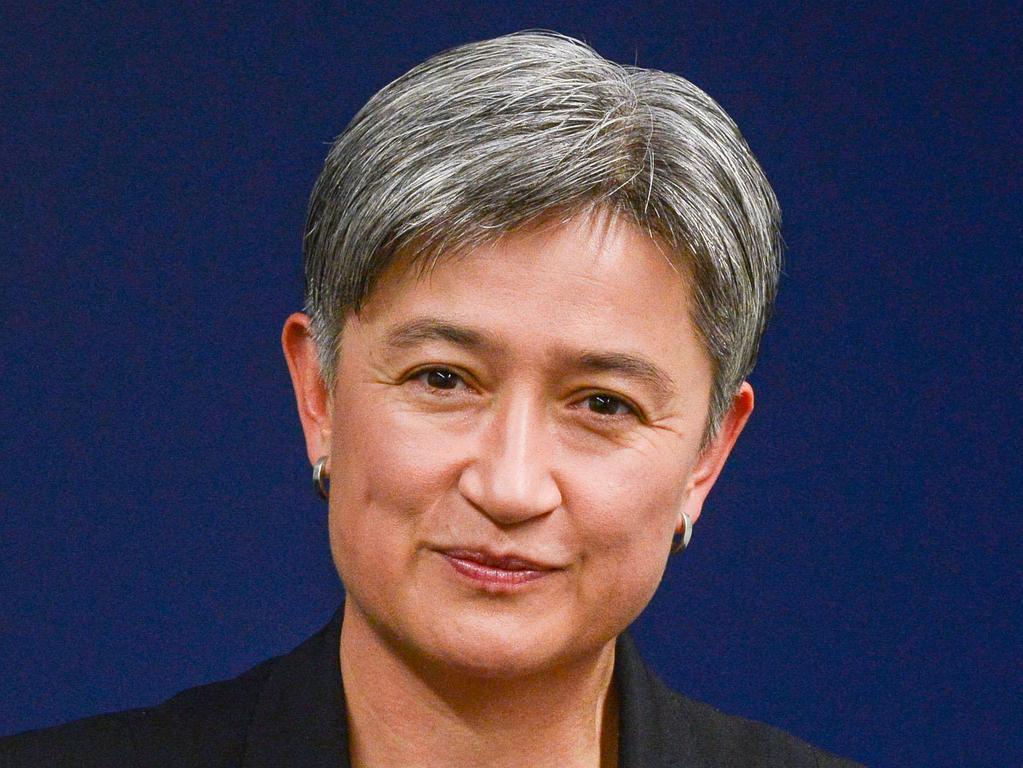
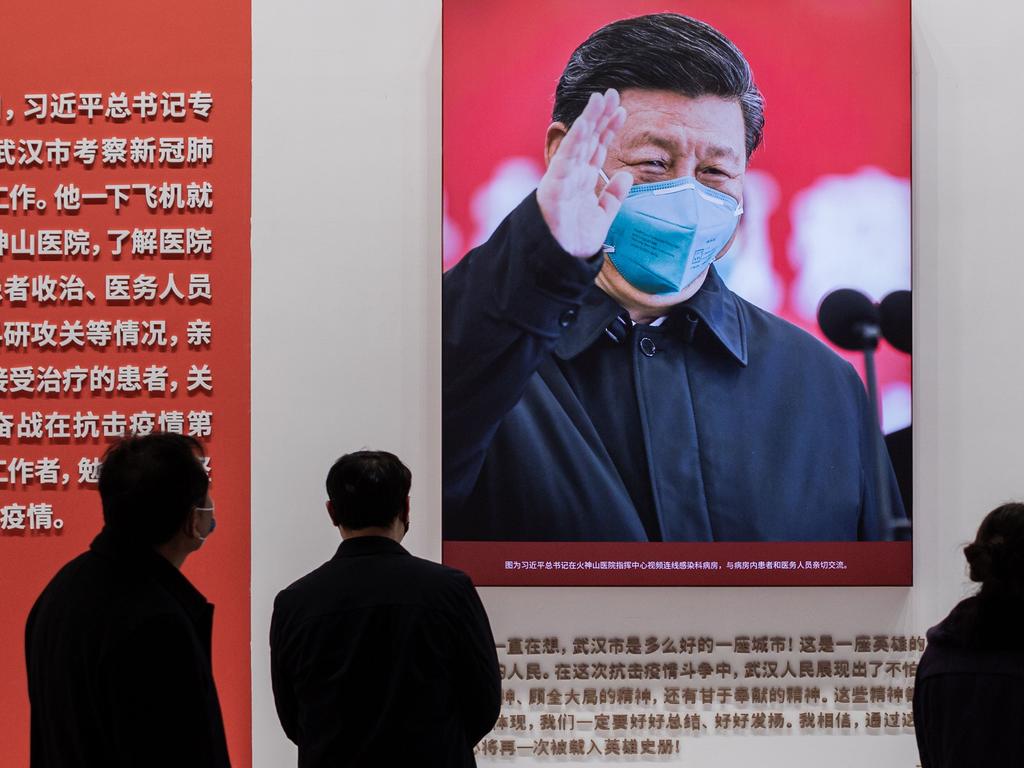


China is not the enemy. Communism is.